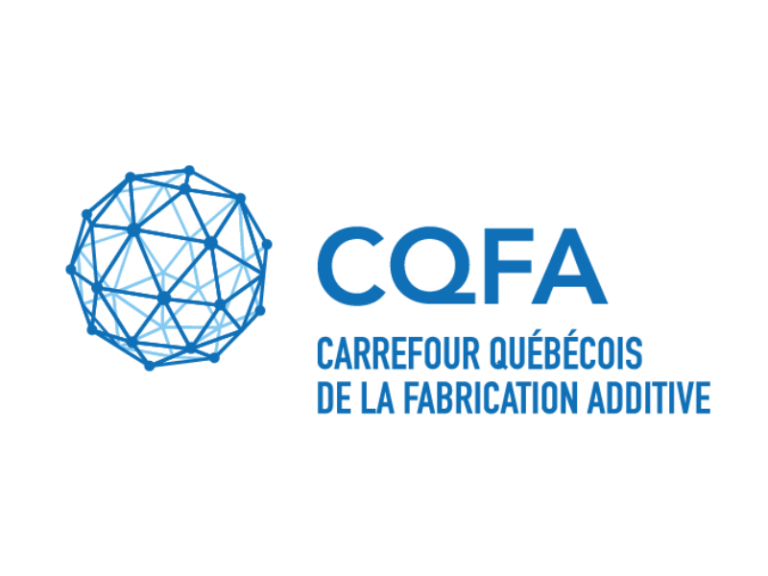
2023/01/24
A comprehensive methodology to support decision-making for additive manufacturing of short carbon-fiber reinforced polyamide 12 from energy, cost and mechanical perspectives
Le Gentil, T.; Therriault, D.; Kerbrat, O. (2022). A comprehensive methodology to support decision-making for additive manufacturing of short carbon-fiber reinforced polyamide 12 from energy, cost and mechanical perspectives. Research Square (preprint).
Additive manufacturing (AM) technologies have transformed manufacturing, by providing greater control over material deposition and consumption.Thanks to greater customization and their high strength-to-mass ratio, AM of composite materials has significantly grown over the past few years. The main focus in research area are is improving printing precision and higher production rates. However there is a lack of thorough analysis on the energy consumption of Fused Filament Fabrication (FFF) machines for composite manufacturing. We designed an experimental method, based on flow analysis for measuring the impact of temperature parameters on total cost, energy consumption, and tensile resistance of composite parts made by FFF. As the user should be able to improve FFF efficiency regarding economic, energy and technical aspects and obtain recommendations for setting up and using the machine. This study confirms that combining traditional economic and technical indicators (total cost and tensile resistance) to emerging energy indicators (specific energy consumption) can be successfully applied to additive manufacturing to provide an overview of printing parameters impact. Results are yielding information to support optimization investigations depending on the need and goal. For example, two tested parameter combinations that offer similar tensile properties (4% reduction in tensile resistance compared to best combination) show a 20% difference with a lower energy consumption